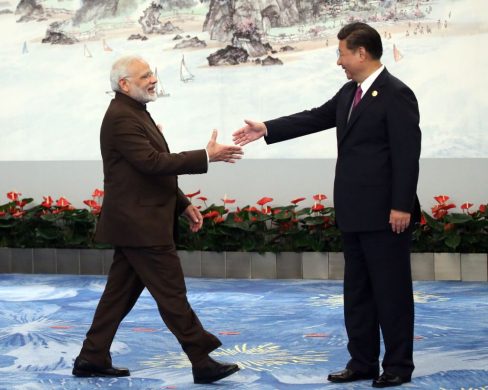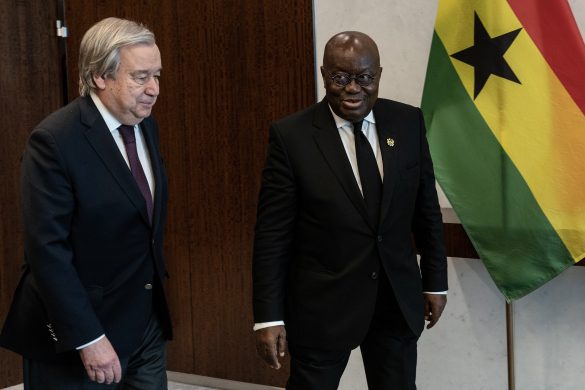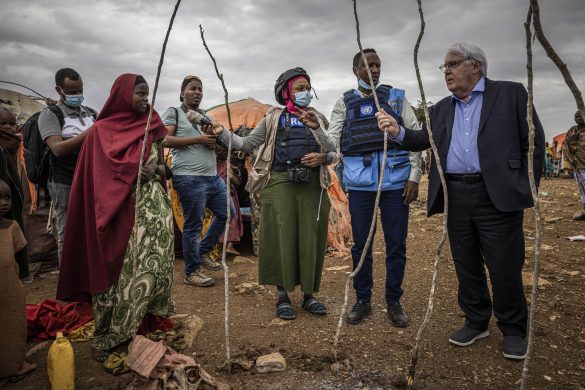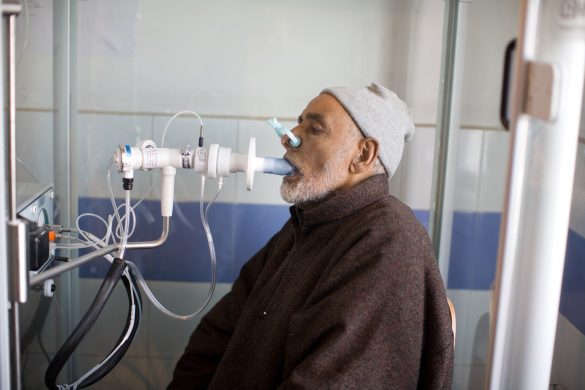Rivaliseringen mellem buddhister og muslimer i Burma påvirker nødhjælpen til hjemstavnsfordrevne. Hjælpearbejdere beskyldes for at favorisere muslimer.
BANGKOK, 16 April 2013 (IRIN): Ongoing tensions between Buddhist and Muslim communities in Burma’s western Rakhine State have created a threatening environment for aid workers, hindering assistance to more than 127.000 displaced persons.
“Access to IDPs [internally displaced persons] is being seriously hampered by ongoing intimidation [of aid workers] by some members of the local community,” noted the UN Office for the Coordination of Humanitarian Affairs (OCHA) in Yangon.
Humanitarian organizations, including medical NGO Médecins Sans Frontières, report aid staff have faced accusations by the local Rakhine community – who are mostly Buddhist – that their assistance favours the Muslim Rohingya minority.
The majority of the displaced are Rohingya, but there are also hundreds of Buddhists among them, according to government estimates.
National staff targeted
“In the current climate of tension, threats and intimidation by some radical elements of the Rakhine population, implementing partners face major difficulties in retaining and recruiting national staff,” said Matthias Eick, the Southeast Asia spokesperson for the European Commission Humanitarian Aid and Civil Protection department (ECHO).
ECHO has contributed 1,8 million US dollar to assist Rakhine and Rohingya communities in Rakhine State.
Sporadic public statements against international aid organizations puts into question continued service delivery, said Eick.
Verbal harassment (chikane) is mostly directed at local aid workers – both Buddhist and Muslim.
“National staff may be targeted in inter-ethnic communal violence because of their ethnic identity, and not protected because of their status or role as an aid worker,” Larissa Fast, a researcher at the US-based Kroc Institute for International Peace Studies, told IRIN.
She is co-author of a recent report on dangers faced by humanitarians worldwide.
Another barrier to humanitarian aid delivery is the government’s stringent rules on aid workers’ movements and permits to reach vulnerable communities.
But while the government has assured international aid organizations and donors they will have unfettered access to IDPs, “threats from Buddhist Rakhine communities against UN agency staff and iINGO [international NGO] workers” have continued, said Phil Robertson, Human Rights Watch’s deputy director for Asia.
He added that workers’ families are also vulnerable.
Hate speech
Læs hele artiklen på
http://www.irinnews.org/Report/97852/Sectarian-tension-in-Myanmar-threatens-aid-workers















